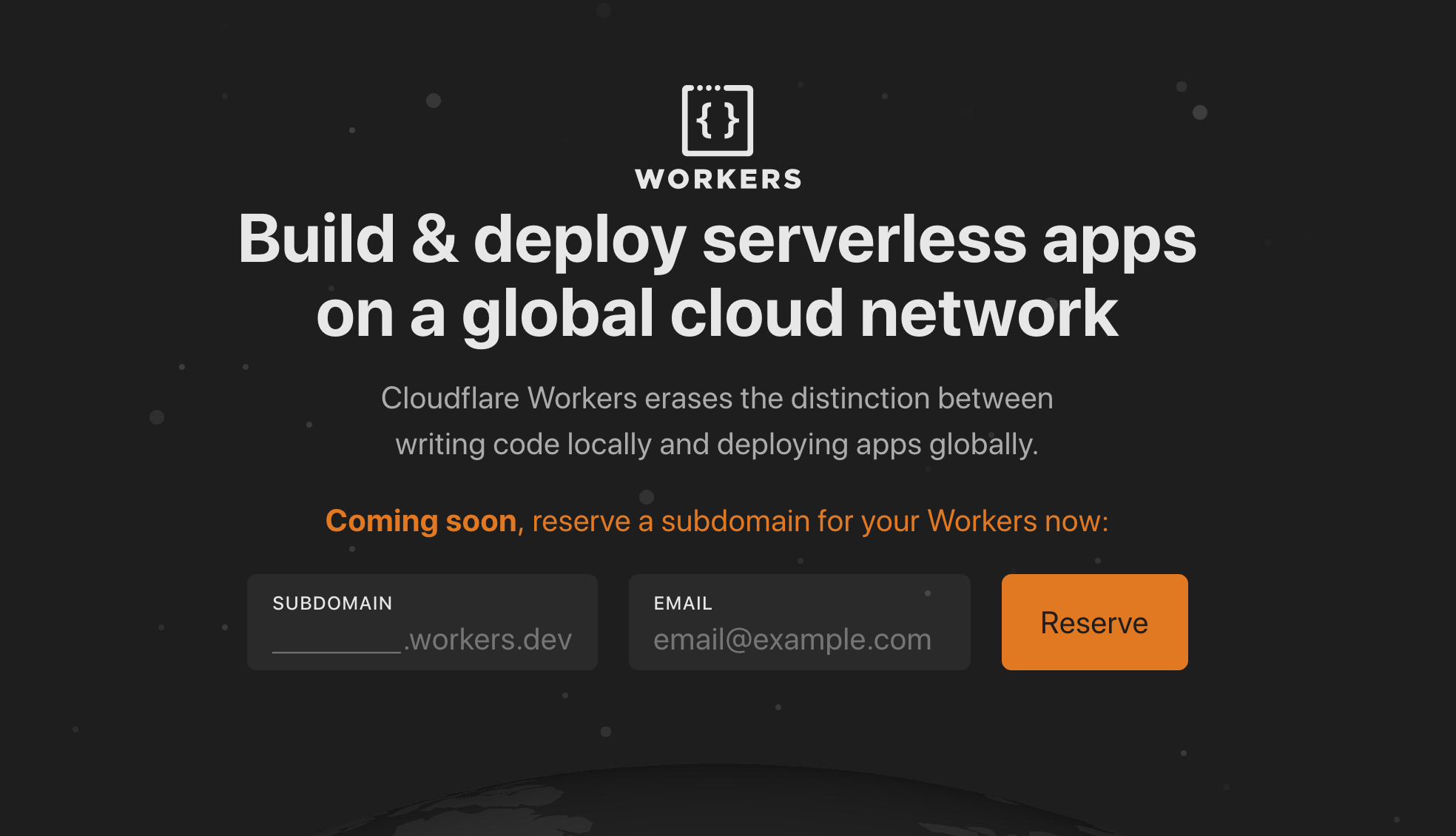Fortinet Boosts Security Message for Carrier Push to 5G
 The boost is a virtual security processing unit (SPU) technology that powers VNFs for delivering...
The boost is a virtual security processing unit (SPU) technology that powers VNFs for delivering...
Palo Alto Networks Shells Out $560M for SOAR Startup Demisto
 The startup will boost Palo Alto Networks’ ability to use artificial intelligence and machine...
The startup will boost Palo Alto Networks’ ability to use artificial intelligence and machine...
Ericsson, Nokia Strike Back at 5G Readiness Concerns
 The executive missives come as some European operators have expressed concern that their 5G plans...
The executive missives come as some European operators have expressed concern that their 5G plans...
Pure Storage’s ObjectEngine, DirectFlash Take Aim at Storage Performance
 Pure Storage today announced ObjectEngine and DirectFlash Fabric, products aimed at improving...
Pure Storage today announced ObjectEngine and DirectFlash Fabric, products aimed at improving...
History of Networking: The Grandfather of the Internet
Dave Farber, the Grandfather of the Internet, joins Donald and I on the History of Networking at the Network Collective.
Outro Music:
Danger Storm Kevin MacLeod (incompetech.com)
Licensed under Creative Commons: By Attribution 3.0 License
http://creativecommons.org/licenses/by/3.0/
Google Gobbles Up Data Migration Startup Alooma
 Alooma developed a data pipeline tool that helps enterprises move their data from multiple sources...
Alooma developed a data pipeline tool that helps enterprises move their data from multiple sources...
Dell EMC’s Kevin Shatzkamer Sees Cloud Computing and 5G as Two Sides of the Same Coin
 In this interview, Kevin Shatzkamer—vice president of enterprise and service provider strategy...
In this interview, Kevin Shatzkamer—vice president of enterprise and service provider strategy...
Announcing workers.dev

We are working really hard to allow you to deploy Workers without having a Cloudflare domain. You will soon be able to deploy your Cloudflare Workers to a subdomain-of-your-choice.workers.dev, which you can go claim now on workers.dev!
Why are we doing this?
You may have read the announcement blog post for Workers (or one of the many tutorials and guest posts), and thought “let me give this a try!”. If you’re an existing Cloudflare customer, you logged into the dashboard, and found a new icon called “Workers”, paid $5 and were on your way. If you’re not, you clicked “Sign Up”, but instead of getting to create and deploy a Worker, we asked you for your domain (if you didn’t have one, we had you register one), and move your nameservers.
Since launch, we have had tons of people who wanted to build a new serverless project from scratch or just try Workers out, but found it difficult to get started. We want to make it easier for anyone to get started building and deploying serverless applications.
How did we get here?
The way you get started on Workers today reflects our journey as a company. Continue reading
Arista BGP EVPN – Ansible Lab
In the previous two blog posts, I covered the concepts of EVPN and shared a detailed configuration example on Arista EOS. In this blog post, I’ll be covering how to automate the deployment of EVPN in a lab environment. After deployment, I want to run validations to make sure my intent is being met. Lastly, […]
The post Arista BGP EVPN – Ansible Lab appeared first on Overlaid.
HPE Partners With Samsung on 5G, Launches Telco Edge System
 The partners will jointly develop an edge-to-core vRAN product based on Samsung’s radio network...
The partners will jointly develop an edge-to-core vRAN product based on Samsung’s radio network...
DNS Privacy & IPv6 Security @ APTLD 75

The Internet Society will be actively contributing to the APTLD 75 meeting on 20-21 February 2019 in Dubai, United Arab Emirates.
Our colleague Jan Žorž will not only be presenting on DNS-over-TLS (DoT) and DNS-over-HTTPS (DoH) during the DNS Operations, Security, and Privacy session (20 February, 11.30-12.30 UTC+4), but will then be presenting on IPv6 connectivity issues during the Security in IPv6-enabled TLDs session (20 February, 14.30-15.30 UTC+4).
He’ll be in good company in what’s shaping up to be a great programme featuring a number of DNS luminaries covering technical, policy, internationalisation and data protection issues, as well as abuse handling and registry and registrar training. Other sessions of particular interest include 5G mobile networks, the implications of Alternative DNS Root Servers, and emerging trends in the DNS.
The Asia-Pacific Top-Level Domain (APTLD) Association is a non-profit organisation of ccTLD (Country Code Top-Level Domains) registries in the Asia-Pacific region that was founded in 1998. It organises two meetings each year for its members, with APTLD 75 being held in conjunction with the 6th Middle East DNS Forum.
If you’re interested in attending then you can register at http://www.aptld75.ae/reg/end.php
Further Information
Cross-Data-Center L4-7 Services with Cisco ACI
Craig Weinhold sent me his thoughts on using Cisco ACI to implement cross-data-center L4-7 services. While we both believe this is not the way to do things (because you should start with proper application architecture), you might find his insights useful if you have to deal with legacy environments that believe in Santa Claus and solving application problems with networking infrastructure.
An “easy button” for multi-DC is like the quest for the holy grail. I explain to my clients that the answer is right in front of them – local IP addressing, L3 routing, and DNS. But they refuse to accept that, draw their swords, and engage in a fruitless war against common sense. Asymmetry, stateful inspection, ingress routing, split-brain, quorums, host mobility, cache coherency, non-RFC complaint ARP, etc.
Read more ...Research: Service Fabric
Microservices architectures probably will not “take over the world,” in terms of solving every application you can throw at them, but they are becoming more widespread. Microservices and related “staged” design patterns are ideal for edge facing applications, where the edge facing services, in particular, need to scale quickly across broad geographical regions. Supporting microservices using a standard overlay model can be challenging; somehow the network control plane, container placement/spinup/cleanup, and service discovery must be coordinated. While most networks would treat each of these as a separate problem, service fabrics are designed to either interact with, or even replace, each of the systems involved with a single, unified overlay construct.
Kakivaya, et al., begin by considering the five major design principles of a service fabric: modular and layered design; self-* properties; decentralized operation; strong consistency; and support for stateful services. They then introduce Microsoft’s Service Fabric (SF) service, which they Continue reading